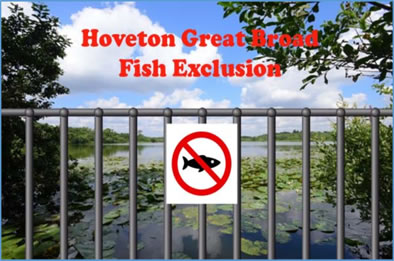
News
Norfolk Broads fish barriers face legal challenge
Acting on behalf of the Angling Trust and the Broads Angling Services Group, solicitors at Fish Legal have issued a legal challenge against the decision by the Environment Agency (EA) and Natural England to press ahead with plans to install fish barriers to block off vital spawning grounds in Norfolk’s Hoveton Great Broad.
Top fisheries scientists at the Institute of Fisheries Management, who formally reviewed the project. came to the same conclusions as the EA’s own fisheries experts judging the barriers to be potentially harmful and recommending that they should not proceed.
Part of the application for a Judicial Review of the decision to proceed with the fish barriers is based on the EA ignoring the advice of their own specialists.
The EA Fisheries Team stated:
“It follows that the proposed biomanipulation methodology, involving the installation of fish proof barriers to prevent fish accessing the habitats currently found within HGB [Hoveton Great Broad] carries a high risk of detrimental impacts to the fish populations of both HGB and the Northern Broads system.”
They also warned that in granting a permit, the EA would be in breach of its statutory obligations under the Water Framework Directive (WFD) and that the precedent set would by highly damaging both to the reputation of the Agency and its ability to function in future as a credible environmental regulator.
“The impacts on fish cannot be mitigated at a waterbody level within HGB. Deteriorations in Fish Element Status are not permissible under WFD and the impacts and potential risks to fish arising from the proposed activity are incompatible with the exercise of our statutory fisheries obligations in respect of the Broads fishery resource.”
Other grounds for Review include:
- Unfair and unlawful public consultation as evidence by the failure to place relevant information, including the objections from EA fishery staff, in the public domain.
- Failure to follow obligations under the Water Framework Directive. The WFD requires getting waterbodies and linked waters to “Good Ecological Status” but failed to take into account the fact that Hoveton Great Broad would go from being a prolific spawning area to having no fish.
- Natural England gave an assurance that it would not go ahead if there was a ‘significant impact on fish’’
Natural England and the Environment Agency have 21 days to lodge their “acknowledgment of service” under which they states if they want to fight or concede the case against them.
Martin Salter, Head of Policy at the Angling Trust, said:
“It’s a shame it has come to this as we pleaded with both agencies not to waste public money contesting our challenge to their palpably absurd and environmentally disastrous decision. It was scandalous that the Angling Trust had to use Freedom of Information legislation to force the EA to make public the views of their own Fisheries, Biodiversity and Geomorphology team in East Anglia who had spent seven years on fish surveys, studies and tagging at a cost of more than £250,000 of rod licence and taxpayers’ money.
“Their evidence showed that the proposed barriers would be harmful to the recruitment of bream stocks in the Northern Broads. Bream are one of the iconic species upon which the £100 million angling economy of the Norfolk Broads depends and we trust that the courts will agree and put an end to this nonsense once and for all.”
Kelvin Allen, Chairman of Broads Angling Servives Group, added:
“Since the EA granted the permit, It is very evident now we have all the relevant documents from the engagement of Fish Legal, that neither the internal objection from the EA Fisheries based on clear evidenced work was going to influence the outcome. The telling internal papers from Natural England, only released to us three weeks ago, show their true colours and objectives of the project, set against all the public environment statements that fish would receive protection seem worthless. Let’s give the fish a voice for once!”
Justin Neal, Head Solicitor at Fish Legal, said:
“It took almost two months after the permit was granted for the EA to disclose the reasons for their decision. The EA fishery team’s scientifically-based objections and other documents used to reach the EA’s permitting decision were kept from the public. The relevant documentation was not shared during the consultation. Meanwhile, Natural England said it would not continue with the project if the fisheries team objected. But there is no sign that they intend to hold to that commitment. That is why we have launched the legal challenge at the High Court on behalf of the Angling Trust and the Broads Angling Services Group.”
You might also like
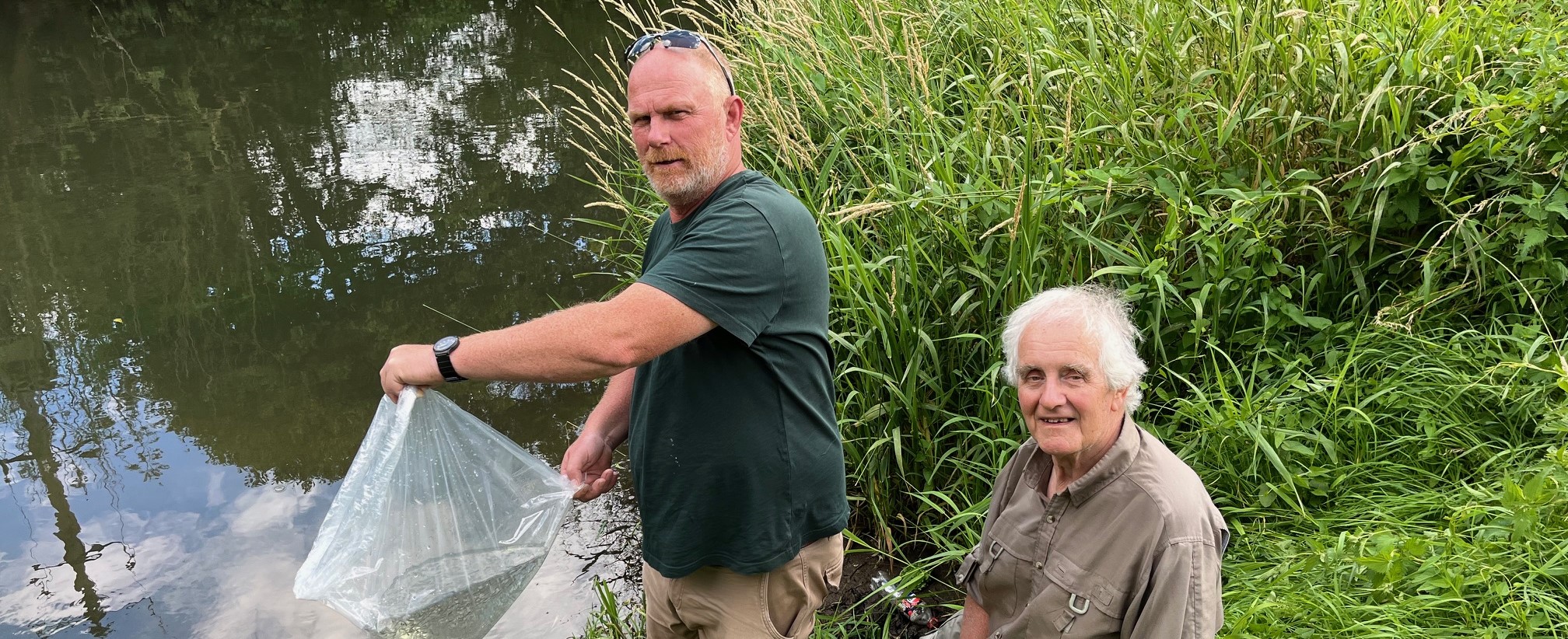
New Kennet Hatchery Releases First Reared Fish
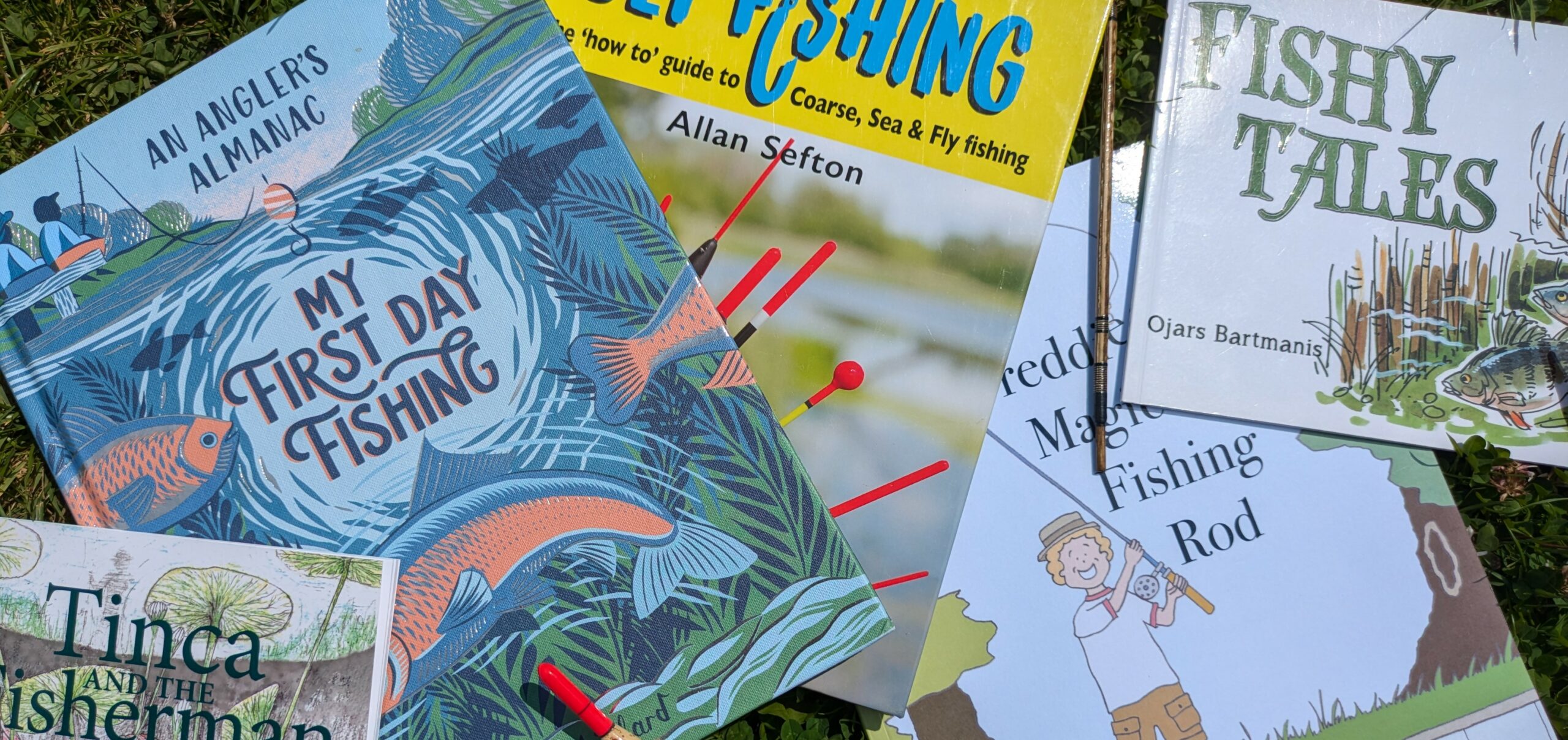
Fishing Books for Kids

UK Recreational Catch-and-Release Bluefin Tuna: A step closer to…
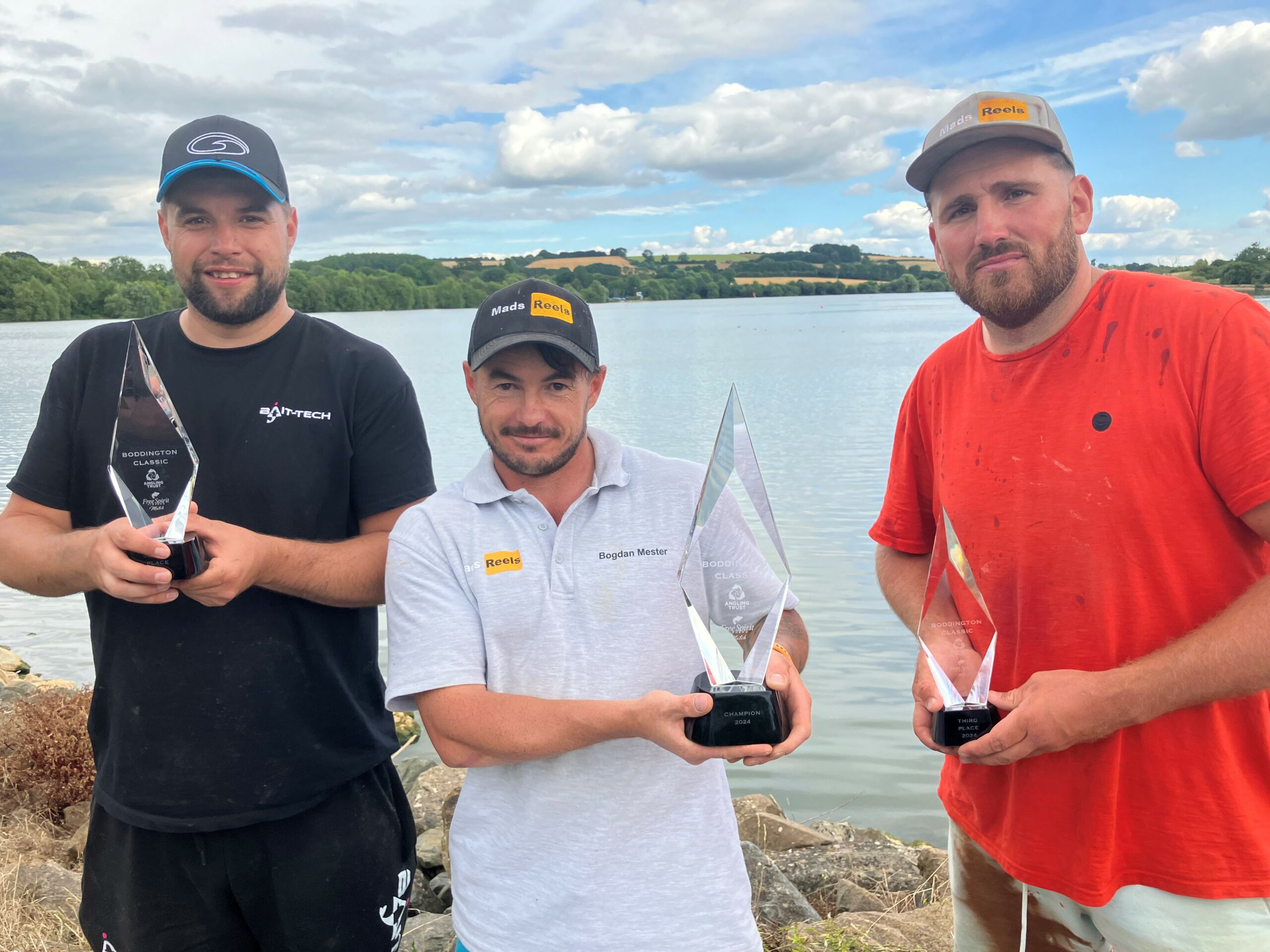
MESTER THE MASTER AT FREE SPIRIT MATCH BODDINGTON CLASSIC…
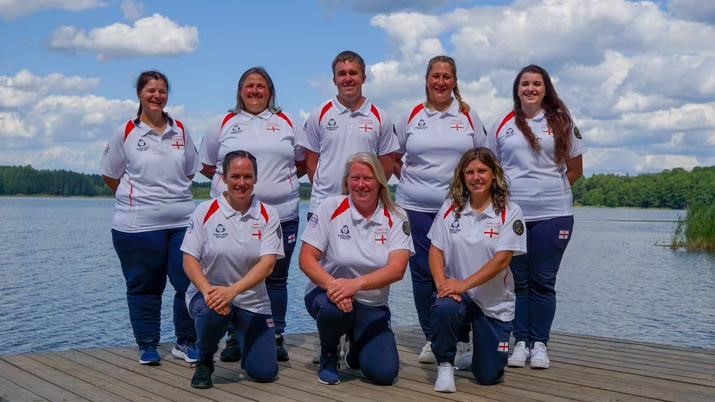
ENGLAND LADIES CARP TEAM MISS MEDAL ON TOUGH LATVIAN…

Angling Trust urges government to go further and faster…
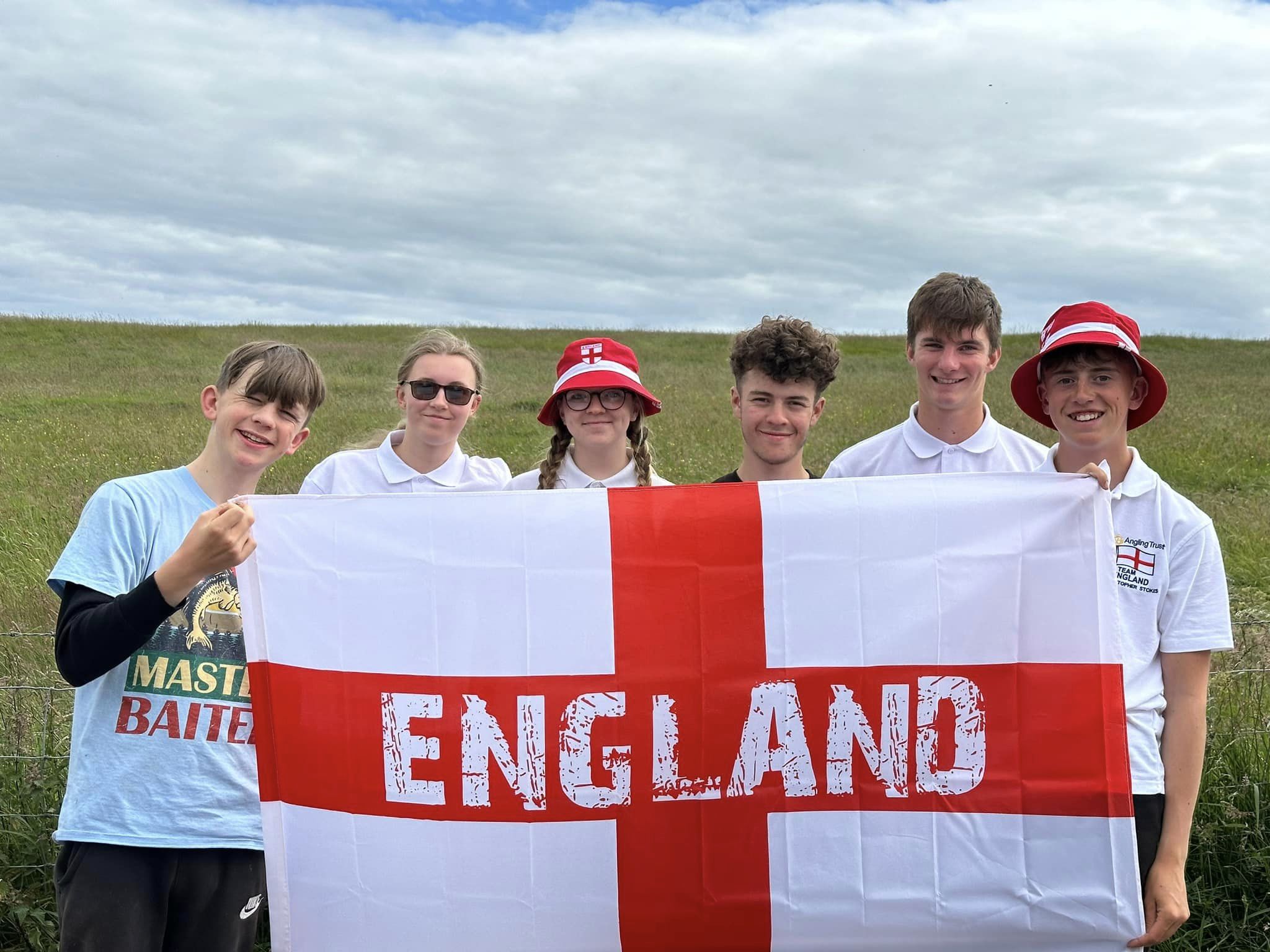
ENGLAND YOUNG GUNS LEAD THE WAY IN HOME NATIONS…
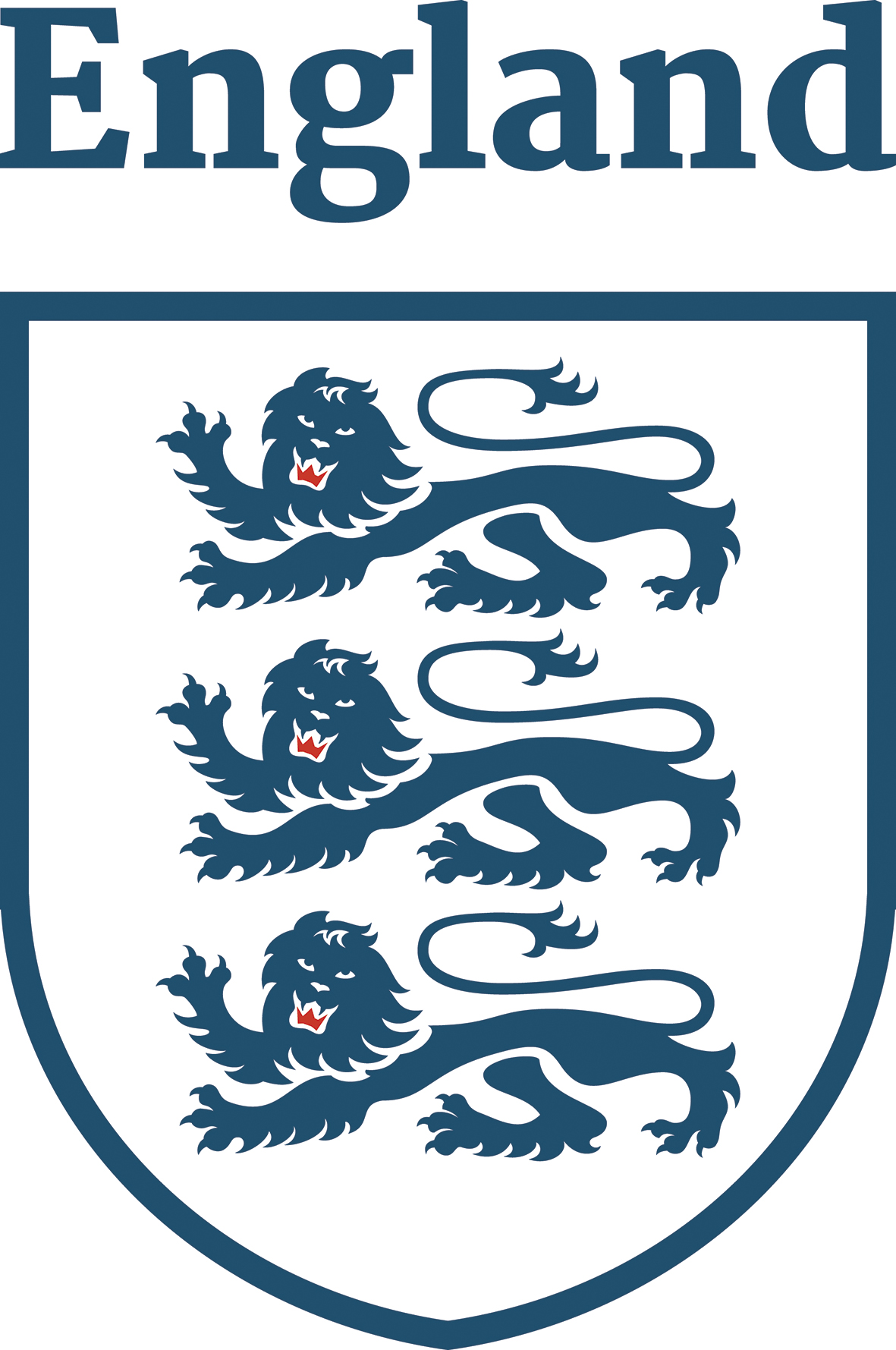
AMAZING ENGLAND COMEBACK SECURES EURO CHAMPS BRONZE
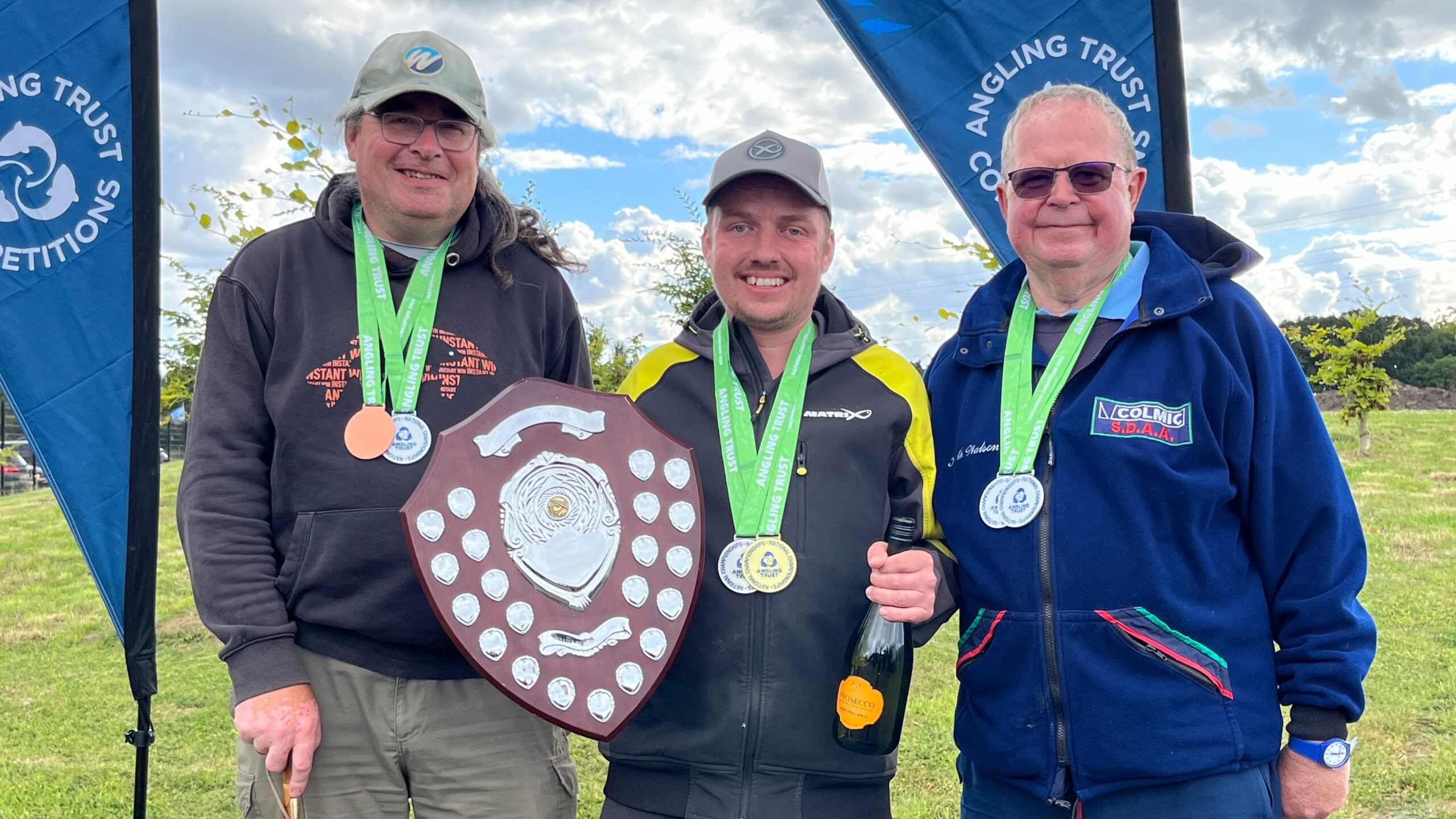
ELLIOT BAGS THIRD NATIONAL WIN AT MARSTON!

PATIENT APPROACH WIN WOMEN’S NATIONAL FOR LEANNE!
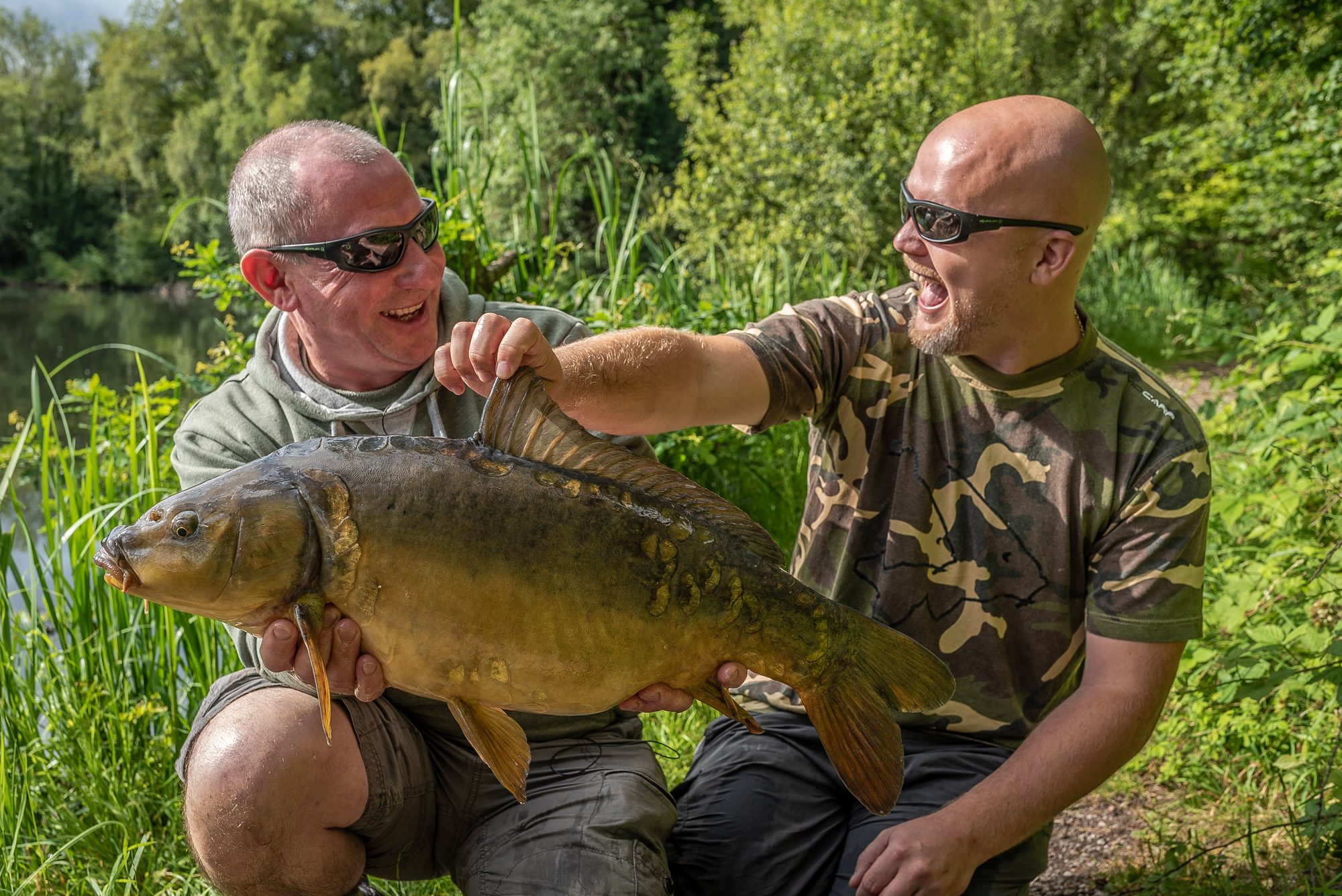
Take a Friend Fishing
27th July to 1st September…









